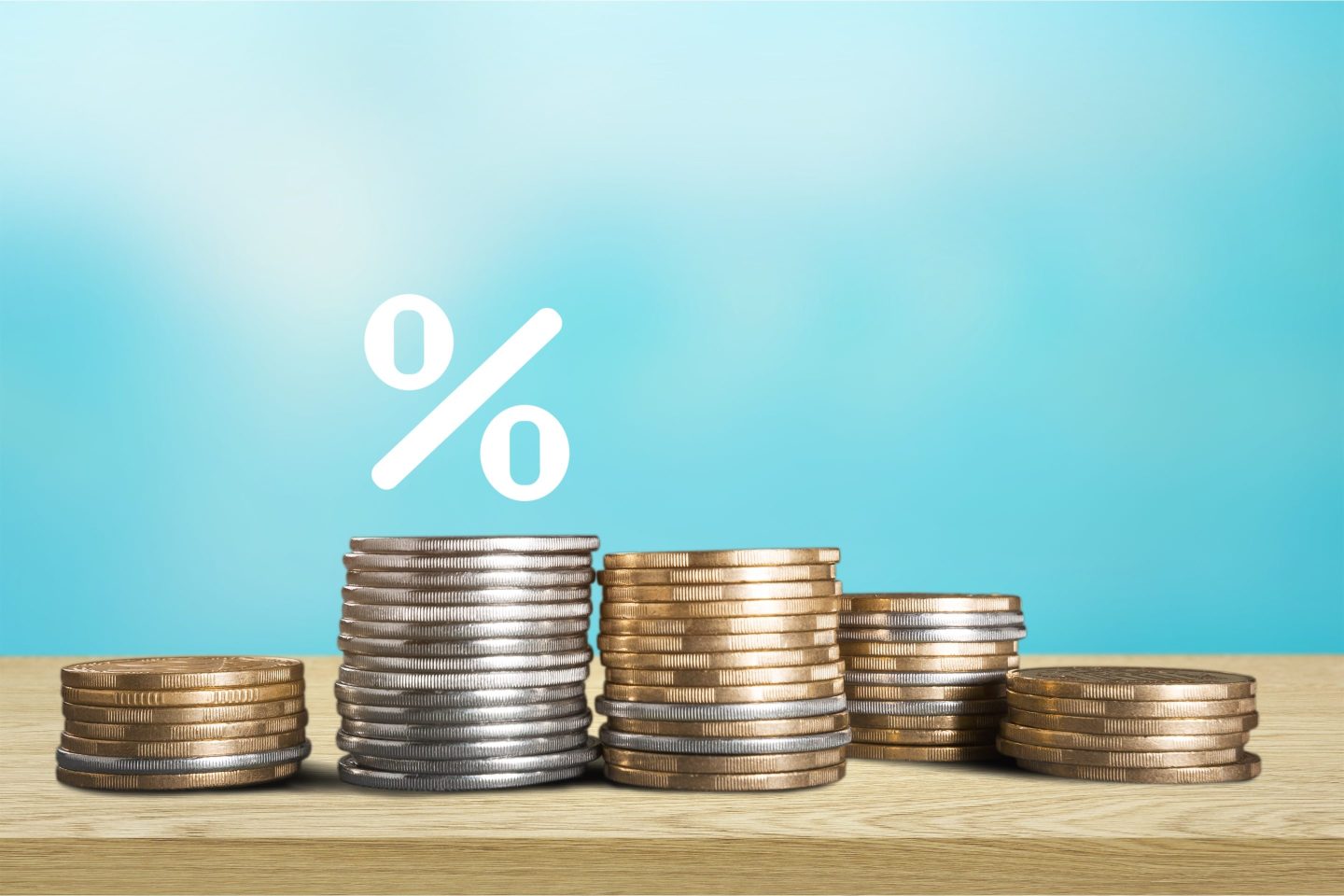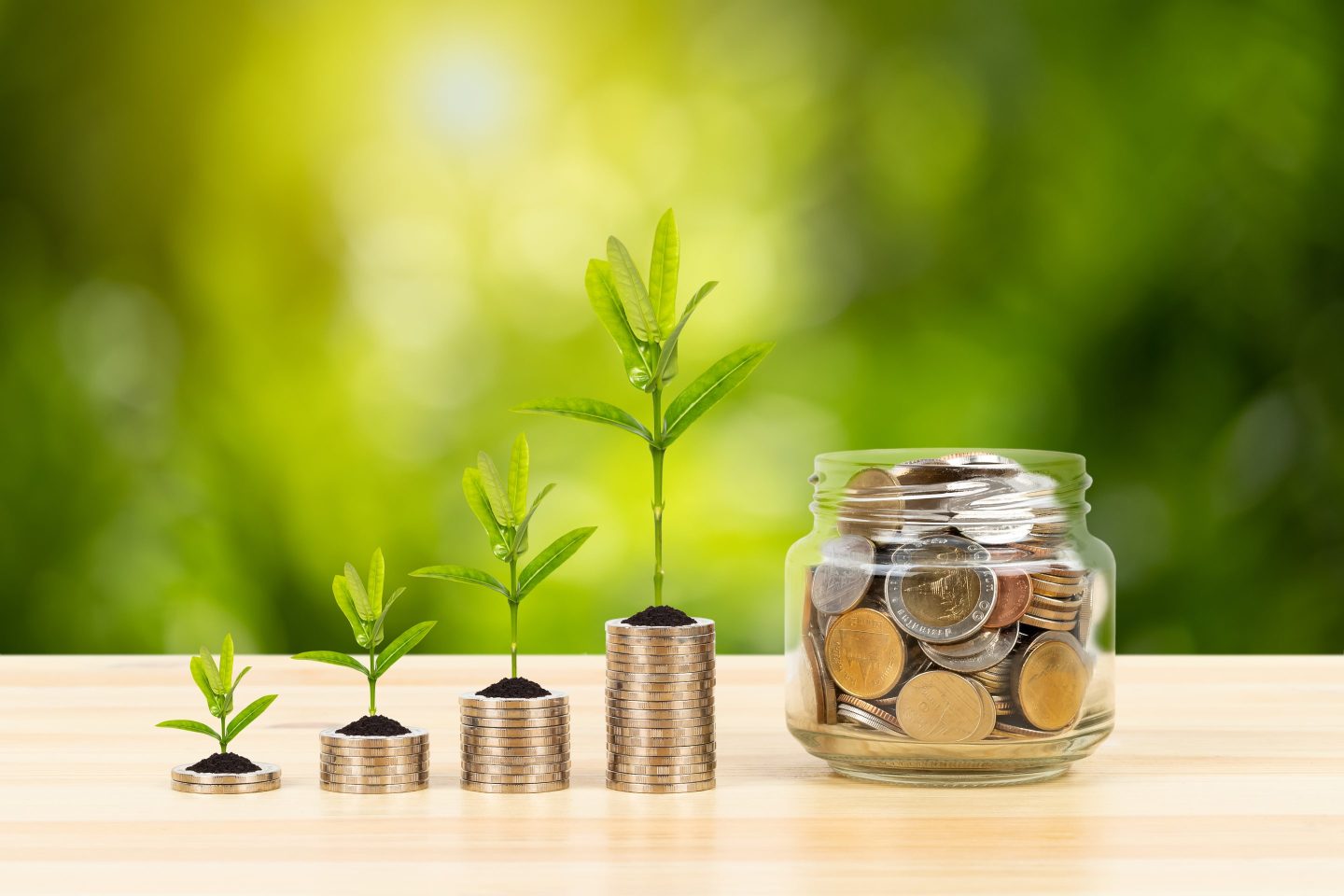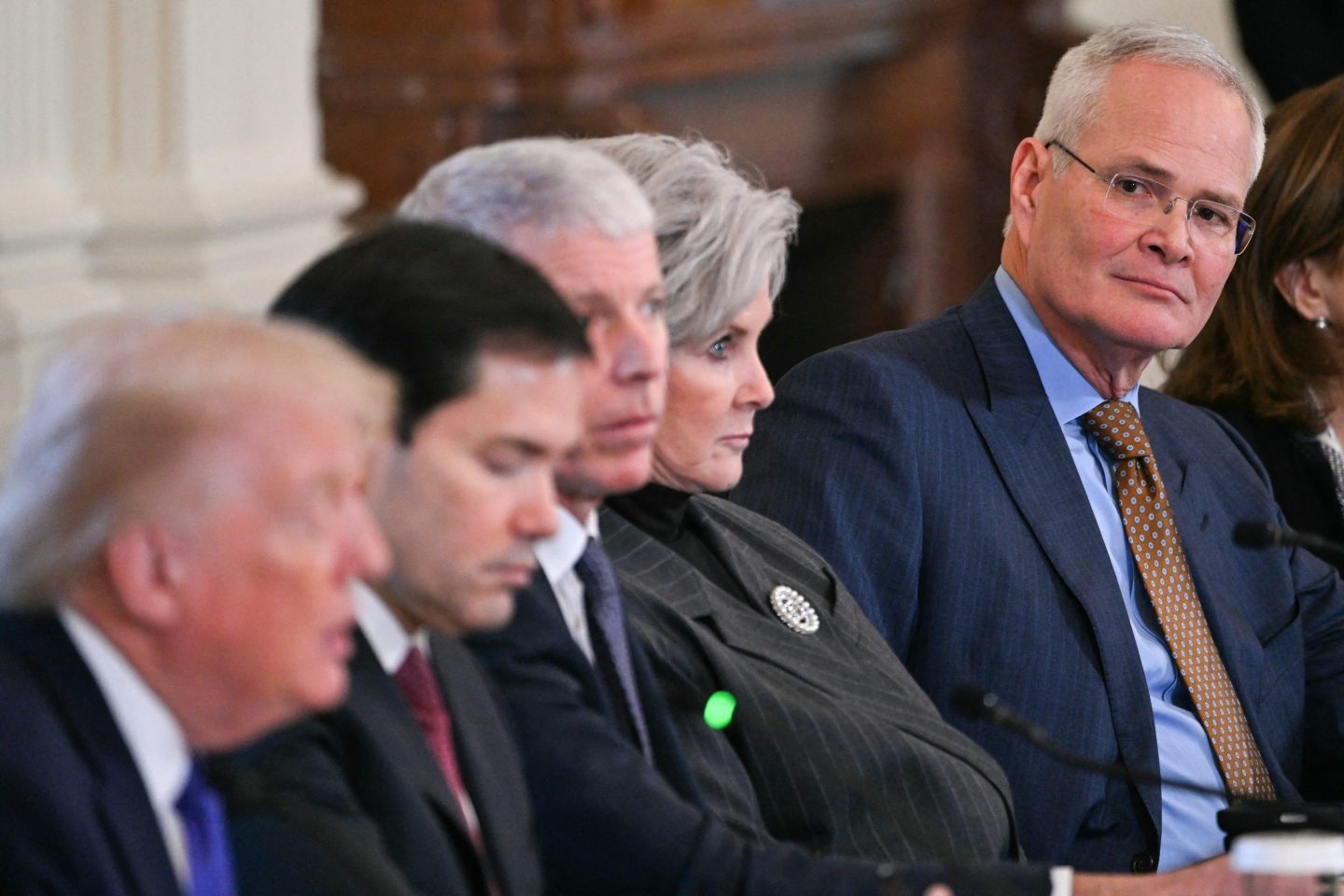Hugh Sandler used to commute two hours a day between Grand Central Terminal and his home in the New York City suburbs. Like thousands of other attorneys who logged long hours in Manhattan law firms, Sandler regarded coming into the office as an essential part of his job. Then came March, which marked the first time he and many other lawyers worked full days at home. For Sandler, it was a major adjustment—but also a surprisingly pleasant one.
“My experience has been very positive. I have a 7-month-old and being at home at this time has created a lot of additional benefits, including that I can be around for him,” he says.
Other lawyers—many working from home for the first time in their careers—described a variety of emotions, ranging from relief to something many haven’t felt since college: sheer, unadulterated delight. “Best three months of my life,” said one Chicago lawyer who has gained two hours a day of time with his family since giving up his commute.
Their experience reflects how the pandemic has shaken up the culture of corporate law firms. That culture, known in the legal world as “Big Law,” is characterized by long hours that obliged many lawyers to stay at the firm till 9 p.m. Or later, and where junior associates faced subtle pressure to seek out “face time”—hanging around the office at all hours in hopes a partner would notice their budding enthusiasm and commitment.

In the past decade, even as employers in fields like tech and media gave workers more latitude to work remotely at least part of the time, law firms have stayed rooted in the old ways.
“Among senior attorneys, there is a belief that being in the office is more valuable,” notes Sandler.
Why this is the case isn’t precisely clear. It may reflect the fact that many Big Law offices are physical monuments to power and prestige—many have sweeping views and imposing boardrooms—and that law firm partners like the sense of empire a packed office provides. Or it may be the conservative nature of the legal profession.
According to Sang Lee, a former attorney who advises law firms, there is a powerful strain of conformity in Big Law that has made managers reluctant to embrace new trends—including ones related to technology and “agile workplaces”—unless others are doing the same. But as pandemic shutdowns, which most lawyers had expected would last a matter of weeks, drag on indefinitely, many long-held assumptions are now being overturned.
This includes attitudes toward working from home. Senior partners are discovering that tools like Zoom function remarkably well, and are even superior to the boardroom conference calls that are a fixture of Big Law life. And paradoxically, law firms are finding remote work during the pandemic has increased a sense of community, according to Lee.
“The traditional practice of Big Law can feel isolating. Because everyone is working from home and having this communal experience, technology has allowed lawyers to lean into their own humanity,” she says.
Tyler Grant, a securities lawyer at Winston & Strawn, discovered a similar phenomenon after he began working from his home in Jersey City rather than the Met Life building in midtown Manhattan. He says many of his colleagues now enjoy spending more time with their children, and attending family dinners that haven’t been part of their routines for years, if ever.
For Grant, who is single, he says the lack of a commute has afforded him more flexibility—letting him put in an additional hour of work most days, while also giving him more time for personal activities.
Not everything about practicing law during the pandemic is rosy, of course. While some practice areas are thriving—most notably bankruptcy and insurance law—the economic toll of the outbreak has led work to dry up for many lawyers, and firms big and small are implementing layoffs and austerity measures.
And Grant says that, while he appreciates the newfound flexibility of working from home, he worries junior lawyers are missing out on opportunities for mentorship that come with being in the office.
“Being able to pop in is such a useful tool,” he says, describing a culture in law firms and elsewhere that lets younger employees receive informal, in-person guidance. Grant adds that trying to network with clients or other lawyers via email can be “awkward.”
Sandler, meanwhile, says the pandemic has led the legal profession to take a giant leap forward in terms of technology, but worries that there are limits to what tech can achieve. As a litigator, he wonders how the court system will address trials by jury—a right enshrined by the Constitution—in the age of Zoom. Sandler also frets for the economic ecosystem that has built up around law firms, pointing to the numerous restaurants and small shops near Grand Central Terminal that rely heavily on lawyers for their business.
More broadly, lawyers are like many other professionals who are trying to cope with radical changes to their job brought about by the pandemic. Lee, though, says attorneys are particularly open to acquiring new skills and knowledge, and that this trait will serve them well amid the turmoil.
“This a community of lifelong learners,” she says.
And, at least for now, they can be home for dinner.
More must-read finance coverage from Coins2Day:
- House passes bill to extend eight-week period to spend PPP loans and alter the 75% rule
- Over 40 million Americans have filed for unemployment during the pandemic—real jobless rate over 23.9%
- Will the airlines survive the coronavirus? Yes—and here’s how
- This Jamie Dimon protégé has weathered six crises. Here is his coronavirus playbook
- What happens to an investor’s shares when a company delists?
- WATCH: Why banks were ready for the financial impact of the coronavirus












